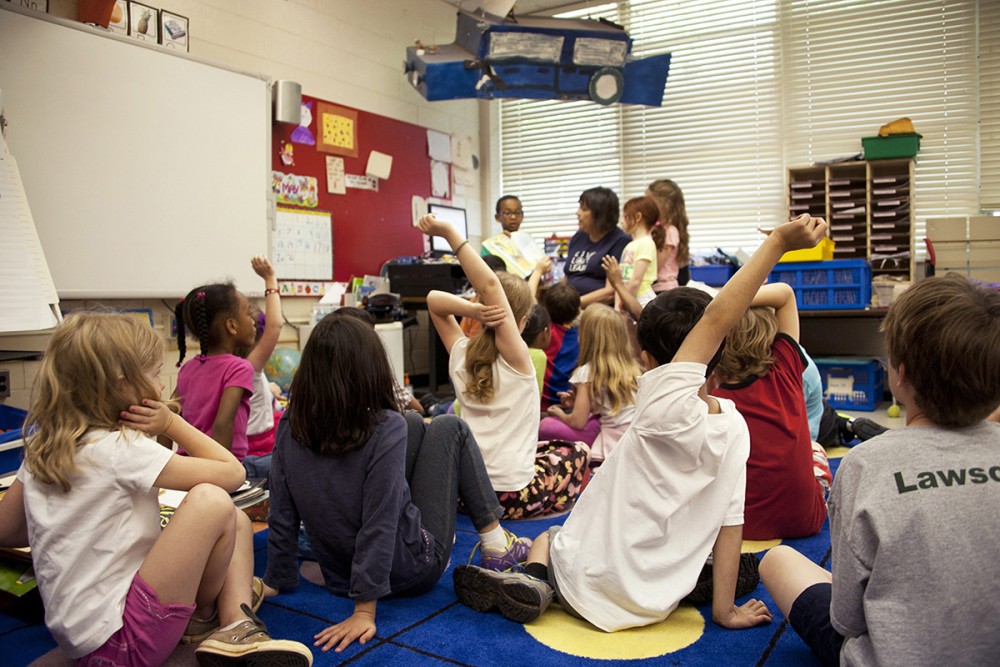Why do we teach history?
Behind the curriculum debates lurks a deeper question about what it means to form citizens.

A spate of state bills directing the teaching of history and civics has obvious political aims: energize conservative voters in time for the midterm elections by convincing them that children are being indoctrinated with strange or unwelcome ideologies. But if we look deeper, this controversy raises important questions about what it means to be a citizen—and what kind of education citizens need.
One such bill, in Texas, says that teachers should draw from “diverse and contending perspectives” when exploring “current events or widely debated and currently controversial issues of public policy or social affairs.” Who doesn’t want their children or their students capable of discussing “controversial issues” and understanding “diverse and contending perspectives”?
But the bill reflects a much deeper question: How should the story of our country be told? It says that schools should teach “the history of white supremacy” alongside “the moral . . . foundations of the United States.” But they must not teach that “an individual, by virtue of the individual’s race or sex, is inherently racist, sexist or oppressive, whether consciously or unconsciously”—and teachers must avoid teaching history in such a way that students might feel “distress or anguish” about that history.





